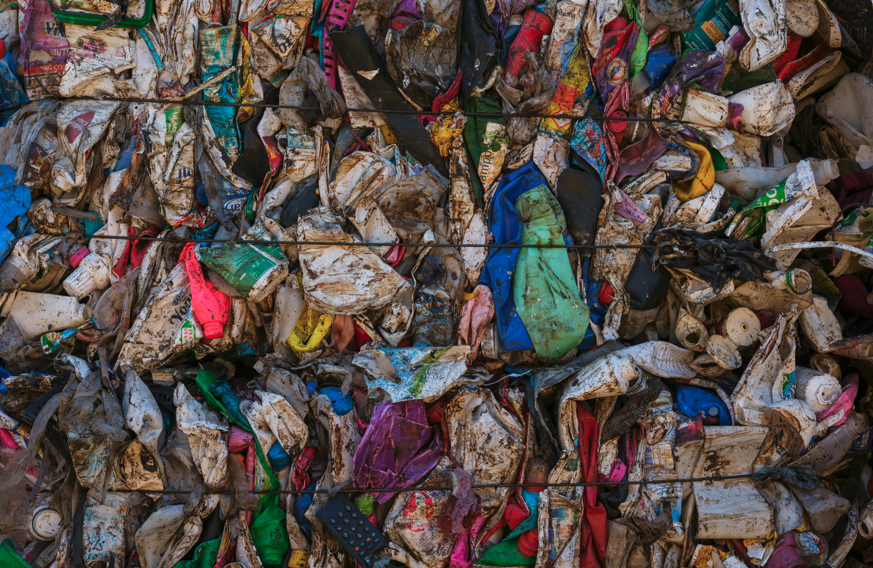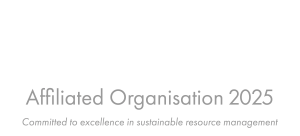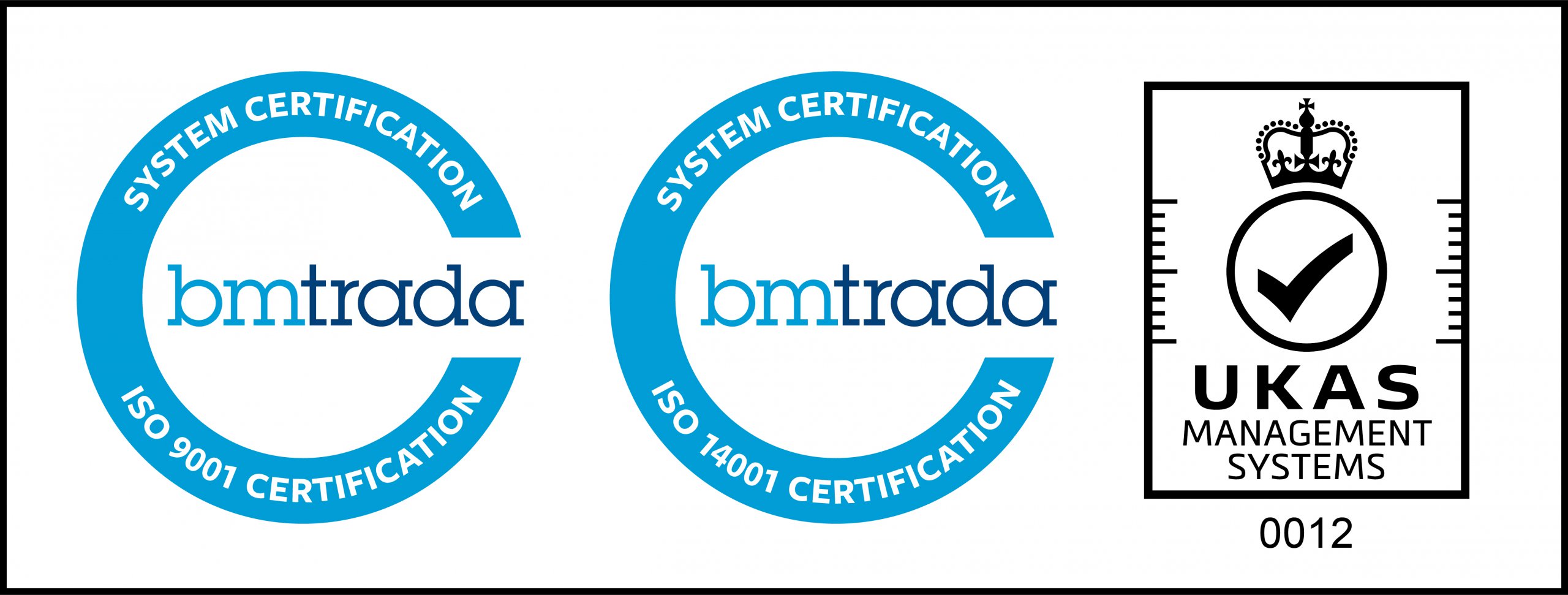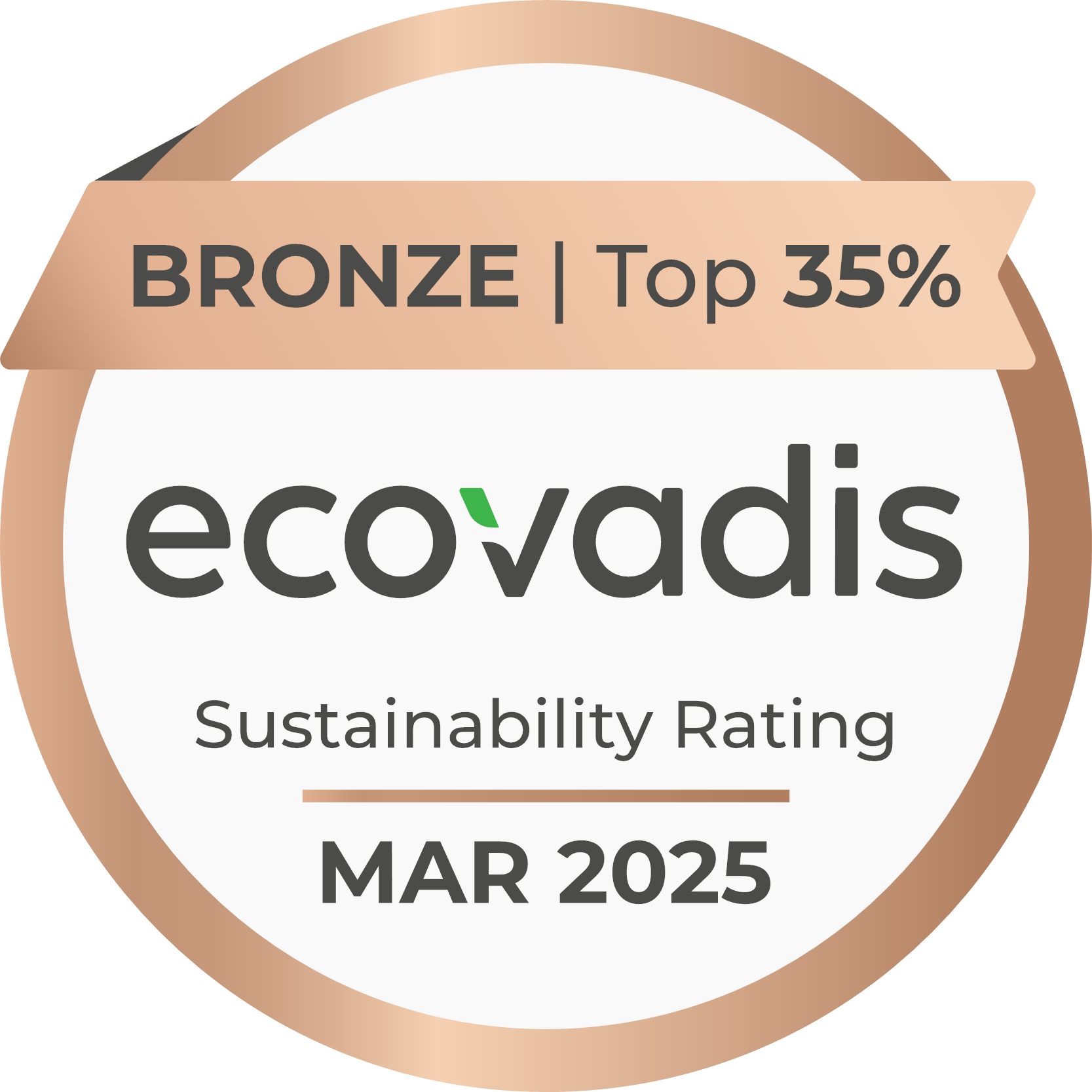A recent study has revealed that UK households produced a staggering 5.6 million tonnes of packaging waste in 2023. Of this total, 3.2 million tonnes were placed in recycling bins, making recycling the largest waste stream. However, 3 million tonnes ended up in general waste bins, with an additional 70,000 tonnes mistakenly put into food waste.
The study, commissioned by the Local Government Association (LGA), County Councils Network (CCN), and District Councils Network (DCN), underscores the significant impact of packaging waste on local waste management systems. Councils are calling on the government to focus upcoming reforms on minimising unnecessary packaging and enhancing recyclability.
Councillor Adam Hug, the environment spokesperson for the LGA, emphasised the importance of balancing necessary packaging with waste reduction efforts. He stated, “Good packaging is essential for keeping products fresh and intact, and producers are doing more to reduce waste and support recycling. But everybody can see the levels of waste, across our shop shelves, delivered to our homes, and into our bins.”
Hug voiced support for reforms that would shift packaging waste management costs from councils to producers. He also stressed the need for councils to retain control over local waste and recycling services, ensuring reforms prioritise waste reduction.
Supporting Extended Producer Responsibility
Polling commissioned by the LGA, conducted by YouGov, found that the public overwhelmingly supports holding producers accountable for packaging waste. Nearly half of those surveyed (48%) believe that companies responsible for packaging production should cover the costs of waste management, compared to only 4% who think councils should bear this responsibility. Furthermore, 85% of respondents believe the government should require companies to reduce packaging usage.
Councillor Richard Clewer, the CCN’s infrastructure and planning spokesperson, highlighted the importance of the Extended Producer Responsibility (EPR) scheme, which aims to reduce residual waste. Clewer noted, “The County Councils Network supports the Extended Producer Responsibility scheme, particularly its overall aim to reduce residual waste. As this research has shown, a significant amount of recyclable waste still ends up in the wrong bin despite the best efforts of local authorities.”
Clewer urged the government to consider recyclable waste mistakenly placed in general waste when determining council payments under the EPR scheme. He stressed that, given councils’ current financial pressures, they should not be penalised for these misplacements, and producers must do more to ensure packaging is disposed of correctly.
The study’s findings have prompted councils to advocate for clearer packaging labels to help households sort waste more accurately. As waste management and recycling remain significant public concerns, clearer labelling could play a crucial role in minimising waste and enhancing recycling efficiency across the UK.
You can view our previous story on Recycling and Packaging Waste, "Defra announces Simpler Recycling update [10.06.24]".

















